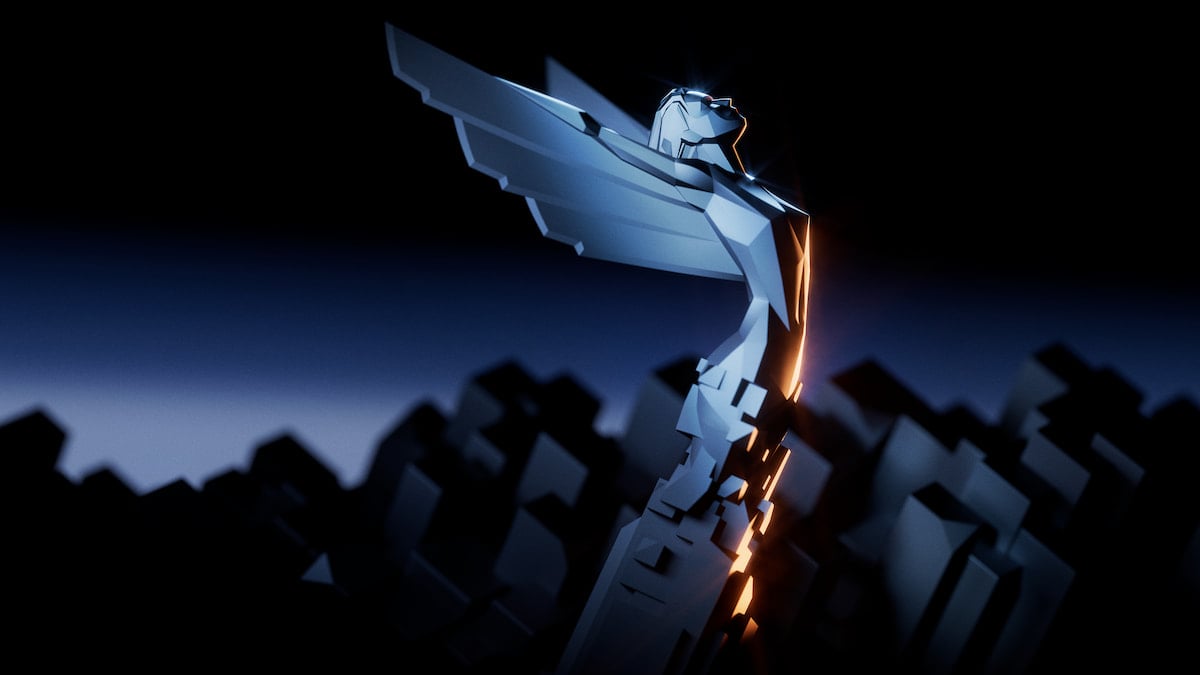One of the biggest challenges esports has faced in its 15 plus years of existence is coexisting with game developers.
For years, Counter-Strike was the premiere esports title, but getting Valve to patch in a competitive feature was an exercise in pulling teeth, even with coordinated community support behind the effort. Developers didn’t build esports. They didn’t understand esports.
In 2014, things have changed—developers are no longer ignoring esports. They’re embracing it: 78 percent of the 2,000 plus North American developers attending this year’s Game Developers Conference (GDC) believe esports is a “sustainable business,” according the this year’s State of the Industry Survey.
The GDC’s annual survey conducted polls developers on the hottest topics in the industry today, and this year that includes competitive video gaming.
Of those polled, 12 percent are working on games that they call esports. That is, perhaps, a wide umbrella, but it’s also indicative of a shift in the industry as titles like League of Legends, World of Tanks, and Dota 2 have become some of the most popular in the industry. Competitive multiplayer gaming works: developer’s don’t need to cater a game to a decidedly casual audience to draw in business. That’s good news for fans of esports games, because it means more games tailored to their competitive desires will hit the market than ever before.
One reason for that might be the rise of alternative business models.
“Creating a game as an eSport causes it to become a hobby and an interest outside the act of playing it,” one of the polled developers said in the survey. “This increased engagement is one way of allowing a game to become part of a player’s life in ways that [don’t] require them to always be investing their time into playing it.”
A more engaged customer is a customer more willing to part with their hard-earned cash—something perfect for free-to-play business models. 21 percent of those polled made most of their profits off of micro-transactions. That’s much higher than the 13 percent who relied on retail sales, but a bit behind the 29 percent of companies now relying on digital sales.
Esports is driving much of that revenue. The biggest game on the planet, League of Legends, is also the largest esports title, with millions of viewers tuning in to watch top competitions. This year League brought in nearly $1 billion in revenue through microtransactions.
The Game Developers Conference brings together the people who make the games to discuss the future of the industry as a whole, with this year’s event slated for March 2-6 in San Francisco. The rise of video game streaming through platforms like Twitch and the continued growth of esports is quickly becoming one of the most important trends in the video game industry, and the State of the Industry Survey and the GDC reflect that.
This year’s GDC will host the first ever “eSports Summit,” a section of the event where industry leaders come to talk esports. Electronic Sports League product manager James “Kennigit” Lampkin will talk hosting “massive” esports events and the lawyer David Graham talks legal issues in esports at two of the panels in the summit.
Esports broke out in 2014. It’s is no longer a pastime for just the most hardcore of gamers. It’s also a viable business, and one the game development community can no longer.






Published: Jan 15, 2015 11:00 am